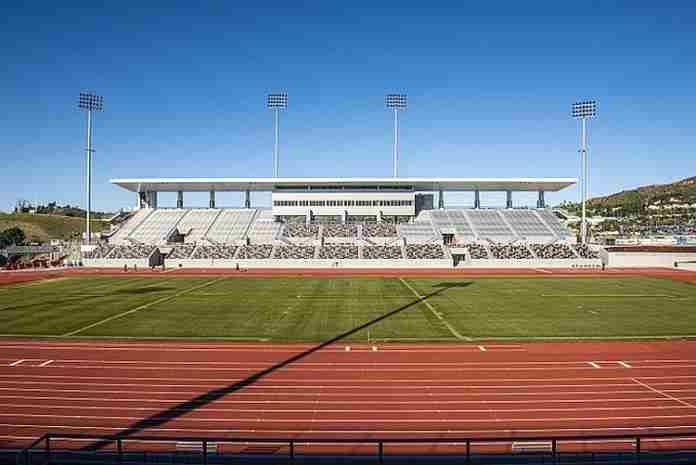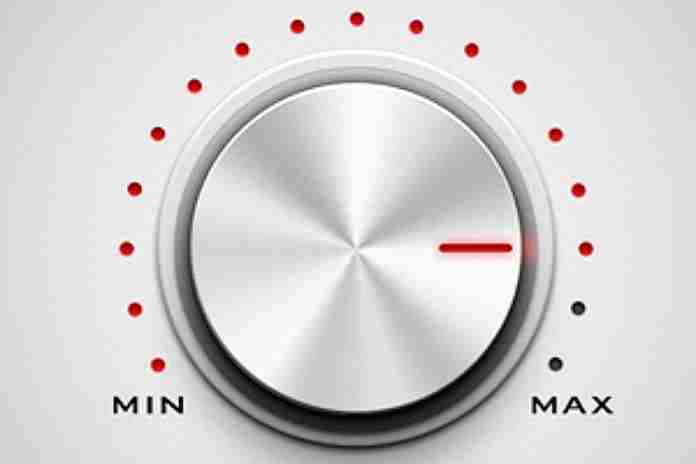“[W]ith more than four months to go before the Games there is no need for any drastic decisions at this stage; and any speculation at this moment would be counter-productive.”
That’s the key point made in a lengthy statement released Tuesday by the International Olympic Committee’s Executive Board and supported by the International Federations. The IOC has additional conference calls planned to discuss the situation with the National Olympic Committees, broadcasters and sponsors.
The statement further noted that 57% of the athletes or teams for the Games have been identified, with 43% of the qualifiers yet to be determined. That’s quite a lot. The statement noted that qualifying process will have to be flexible and that, if qualifying events cannot be held, that admission to the Games should be based on:
“a) based on on-field results (e.g. IF ranking or historical results); and
“b) reflect where possible the existing principles of the respective qualification systems (e.g. use of rankings or continental/regional specific event results).”
and
“Any necessary revisions to the Tokyo 2020 qualification systems by sport will be published by the beginning of April 2020 and communicated to all stakeholders.”
That’s the official statement from the IOC. None of the International Federations made any substantive additions to the IOC’s statement on their own sites.
So, we’re in a holding pattern, which some feel is prudent and others slam as impractical or even reckless. But this is only part of the story:
● Japanese Prime Minister Shinzo Abe participated in a first-ever G-7 meeting by videoconference and told the other leaders “We are doing everything in our power to prepare (for the Games), and we want to aim for a complete event as proof that mankind can defeat the new coronavirus.”
Japanese coverage of his comments pointedly noted that Abe “dodged” questions about whether the Games would be held on the scheduled dates.
● Reuters reported that “An Asahi newspaper poll published on Tuesday showed 63% of people across Japan said the games should be postponed, while 23% said they should be held as planned. A similar poll by Kyodo News published on Monday showed almost 70% of respondents do not think Tokyo will be able to host the gathering as planned.”
This is a critical new development, as the interest of the Japanese public has been almost fanatical in support of the Games. A public recognition – even resignation – that the event may have to be postponed is a crucial step that provides the potential for political movement on the Games.
● Japan already has entry restrictions on visitors from some parts of China, Iran, Italy and South Korea and there are reports of plans for more restrictions for visitors from Spain, Switzerland and Iceland and more areas of Italy. Self-quarantine procedures – for 14 days – may be required for visitors from most other European nations.
This isn’t good, but the current stance is to wait and see how the virus spreads further … or doesn’t.
● A startling story from Jamaica reported comments from a radio show last Saturday (14th) by Jamaica Olympic Association President Christopher Samuda that “Above any economic or commercial concerns must be the well-being and welfare of our athletes and that has to be the governing consideration. I cannot afford to take a reckless decision fully well knowing that the situation is not controlled and placing our athletes at risk.
“And therefore, if we do not get the opinions of the experts that it (the virus outbreak) is being managed and that the risk has been minimized, we must take a decision in the interest of our athletes and then say we will not be participating.”
IOC President Thomas Bach (GER) has been clear in recent statements that the key player is all of this is the World Health Organization. So far, there has been no reported recommendation to do anything about the Games, and there is no state of emergency declared in Japan itself. Both of those things appear to be necessary to move the IOC or the Japanese government off of their plans – for now – to host the Games as scheduled.
In the U.S., the Atlantic Coast Conference joined the Pac-12 in canceling all athletic activities, including practices, for the remainder of the school year. The SEC announced today that it has canceled all spring-sports competitions; practices remain suspended on 15 April and will be reevaluated then.
The Big 10 Conference has a suspension of activities in place until 6 April, and the Big XII has the same through 29 March.
The Penn Relays, held for 125 consecutive years, has been canceled. The Drake Relays has not announced what it plans to do yet.
World Athletics postponed its first three meets in the Wanda Diamond League, in Doha (QAT), Shanghai (CHN) and another meet to be held in China; the first meet now on the schedule is the Bauhaus Galan in Stockholm (SWE) on 24 May. Both the mammoth Euro 2020 soccer championship and the Copa America tournament were pushed off to 2021.
The one thread through all of these announcements, no matter where issued, is that the situation is fluid. That’s going to be the case going forward.























